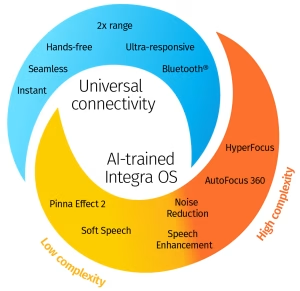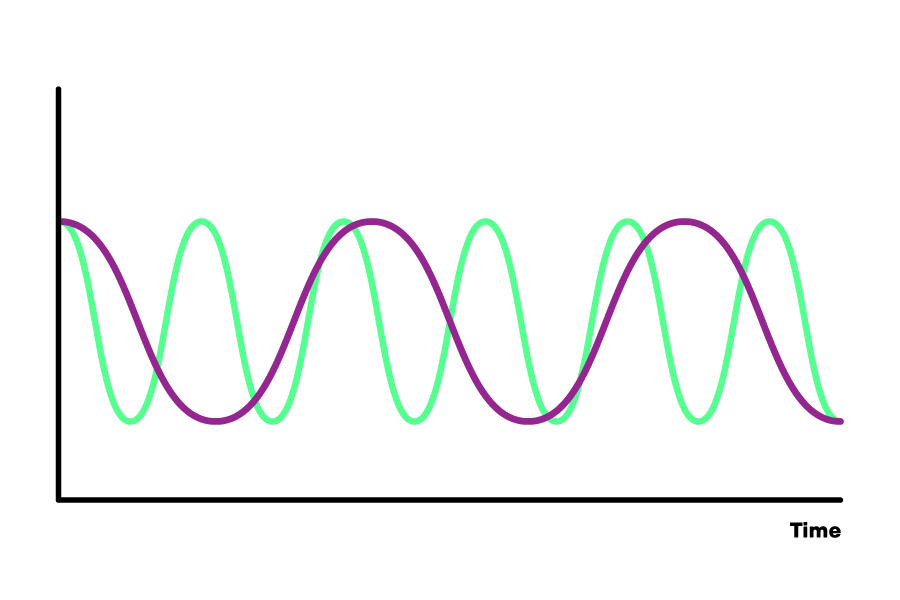

In our clinic in Hopkins Minnesota, Hears to U, Hearing & Hearables, we have received many phone calls, emails, walk-ins, and fly-ins (you get the point) questioning a peculiar sound coming from their hearing aids. The chirping sound wasn’t there in the beginning. Why is this happening now? We professionals call this hearing aid feedback.
These are some examples of the questions we receive from our patients –“Why are my hearing aids chirping?” “I have a sound coming out of my hearing aids that everyone can hear” “My hearing aids are malfunctioning with these music tones” My hearing aids are making noise, what should I do?”, “My friend told me my hearing aids were screeching and I was so embarrassed!” Recently one of our patients came in saying, “Help make the chirp-o-mania stop!”
Can you relate? Have you gone to your audiologist asking these types of questions? Well, we are here to help you online, giving you some guidance.
What is this feedback that audiologists talk about when you report some random ringing or chirping from your hearing aids? Have ever held a microphone too close to the speaker and it makes this horribly loud screech only to have the entire room groan and cover their ears because of the disturbingly loud, high-pitched screeching you’ve created, then you’ve experienced “feedback”? It seems to happen most when a band is setting up and testing on stage and somehow the speakers and the mic get a little carried away with feedback.
Luckily, when it comes to hearing aids the speaker is not nearly as powerful so if feedback happens to occur, usually only you and the people close to you can hear it. And sometimes if the hearing aid wearer has a high-frequency hearing loss, they might not be able to hear it at all. In our clinic in Minnesota, we have many patients who report that their significant other can hear it and can we fix it so the others won’t be annoyed?
Although feedback is a common occurrence with hearing aid wearers, it is also a sign that something is not quite right. Ideally, your hearing aid should fit snugly in your ear canal so that all the sound is being directed to your eardrum, and not escaping out of your ear. When or if the sound escapes out of your ear it will get picked up by the hearing aid microphone which then causes the escaping amplified sound to be re-amplified, and now you have a feedback loop and your hearing aid is “yelling”, “chirping”, “buzzing”, “screeching”, and/or “singing” at you. However, you want to describe it, it is not pleasant for you or those around you.
So now that you know what feedback is, the question becomes “Why is it happening and what can you do about it?”. Feedback can be caused by a few different things, and to make it stop you first have to figure out why it is happening in the first place.
Some common factors that cause hearing aid feedback are:
It should not be a cause for concern and instead, a cause for you to check in and figure out what is creating your feedback. You can always reach out to us with questions, or make an appointment to see your hearing healthcare professional and have them help you diagnose the cause and find a solution. If there is a will, there is a way to get the “chirp-o-mania” under control! We thank Mark for inspiring us to write this blog for you. We hope this shed some light on your hearing aid chirps.
Cheers.
Powered By SinglerDesign.com